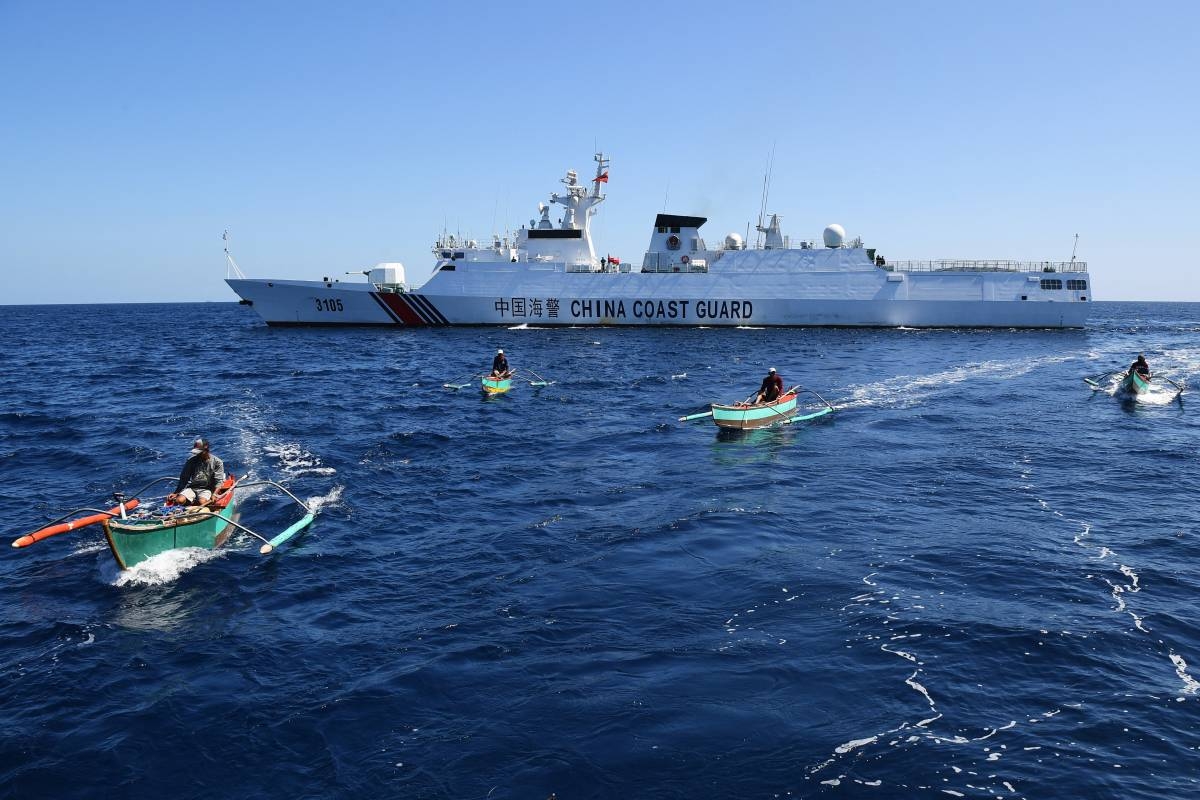The Chinese Embassy in the Philippines has strongly refuted a report by the Center for Strategic and International Studies (CSIS), a US think tank, which claimed that China had destroyed over 21,000 acres of coral reefs in the South China Sea. In a statement released on Saturday, the embassy labeled the report as “fabricated” and accused the think tank of relying on outdated satellite images and unfounded allegations.
The CSIS report highlighted China’s activities such as fishing, giant clam harvesting, and island construction, stating that these actions have had a devastating impact on the unique marine species found in the region. However, the Chinese Embassy dismissed these claims, asserting that the report lacked factual evidence and verification.
According to Counselor Ji Lingpeng, the spokesman for the Chinese Embassy, China has always prioritized the protection of the ecological environment in the Nansha Islands and Reefs, as well as their surrounding waters. Lingpeng emphasized that China has been actively engaged in environmental protection and monitoring efforts in compliance with both domestic and international laws.
The embassy further questioned the motives behind the report, asking why the CSIS was so fixated on continuously raising these allegations. “This think tank concocted the false report by citing a few satellite images and stirring up falsified allegations from years ago. Such a report is neither factual nor verifiable. Why are they so obsessed with harping on the same string?” the embassy statement read.
It is important to note that the South China Sea is a highly contested area, with multiple countries, including China, the Philippines, Vietnam, and Malaysia, claiming sovereignty over various islands and reefs. The disputes in the region have not only been centered around territorial claims but have also involved concerns over environmental degradation and the protection of marine resources.
Given the complex nature of the South China Sea disputes, it is crucial to approach any reports or claims with caution and consider multiple perspectives. While the CSIS report raises concerns about coral reef destruction, it is essential to verify the accuracy of the information presented and take into account the viewpoints of all parties involved.
As international observers, it is important to respect the facts and avoid being swayed by biased or unverified media tactics. The Chinese Embassy’s call for factual evidence and verification is a reminder to approach such reports with a critical eye and seek a comprehensive understanding of the issue at hand.
Efforts to protect the marine environment in the South China Sea should be pursued through constructive dialogue and cooperation among the concerned nations. By respecting international laws and regulations, as well as engaging in transparent environmental monitoring and protection measures, it is possible to mitigate the impact on coral reefs and preserve the unique biodiversity of the region.
While the CSIS report has sparked controversy and debate, it is essential for all parties involved to engage in open and transparent discussions to address the environmental concerns in the South China Sea. By fostering a collaborative approach, it is possible to find sustainable solutions that balance the needs of all stakeholders and safeguard the delicate ecosystems of the region.







